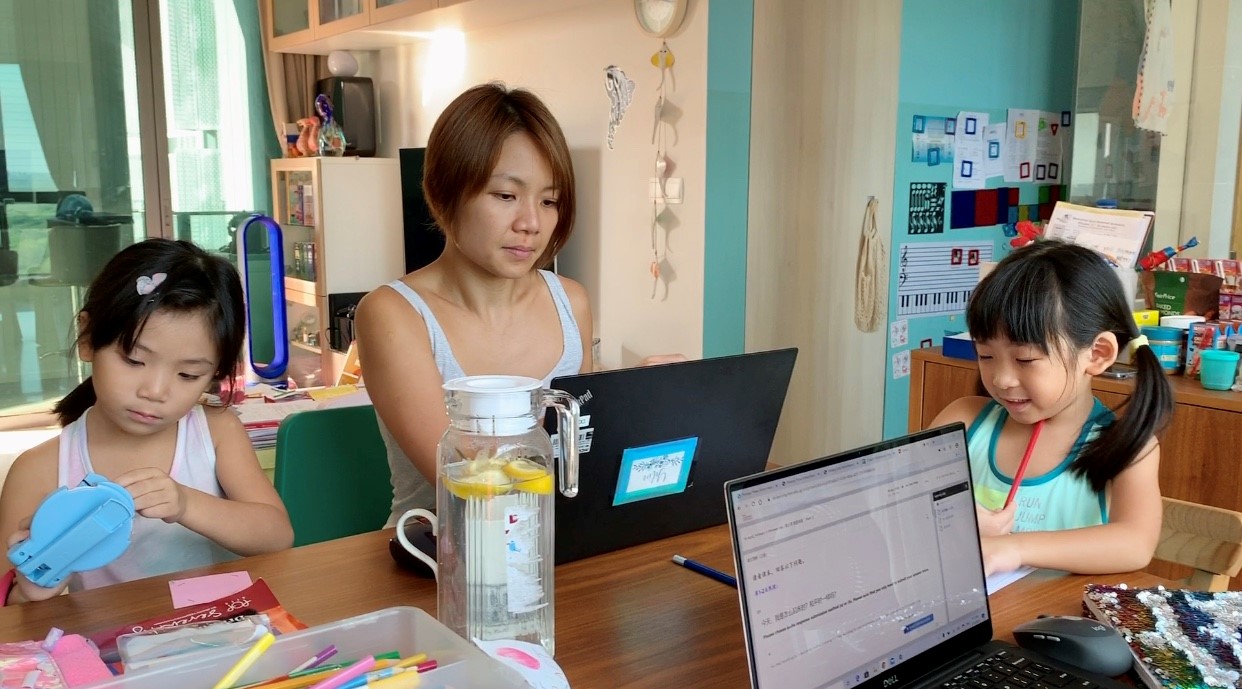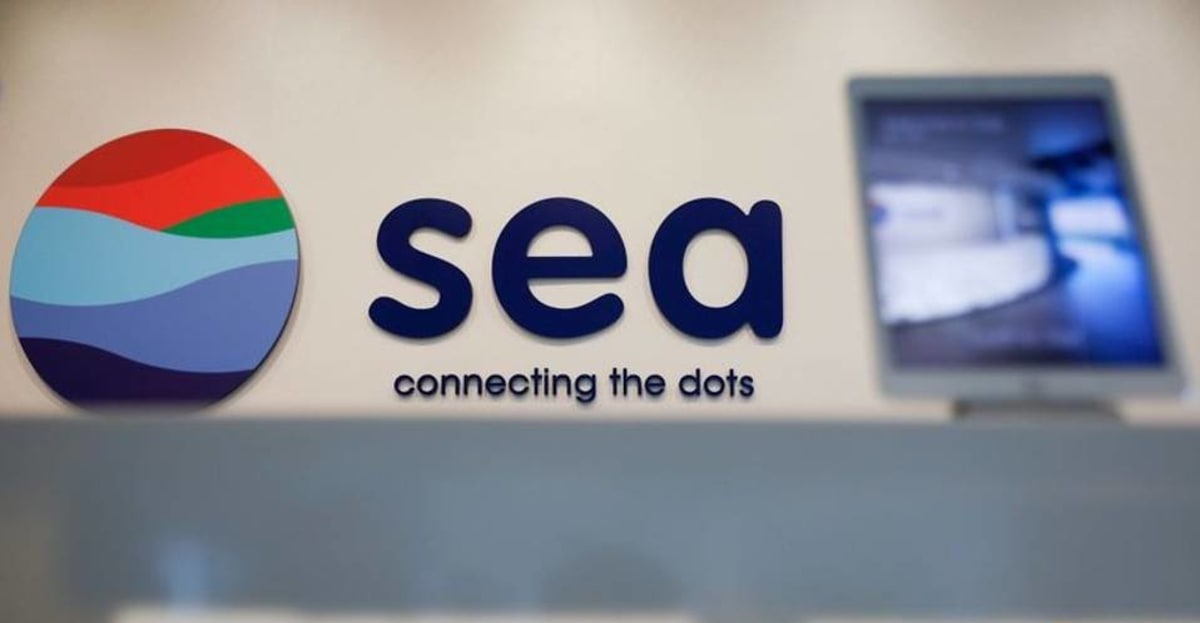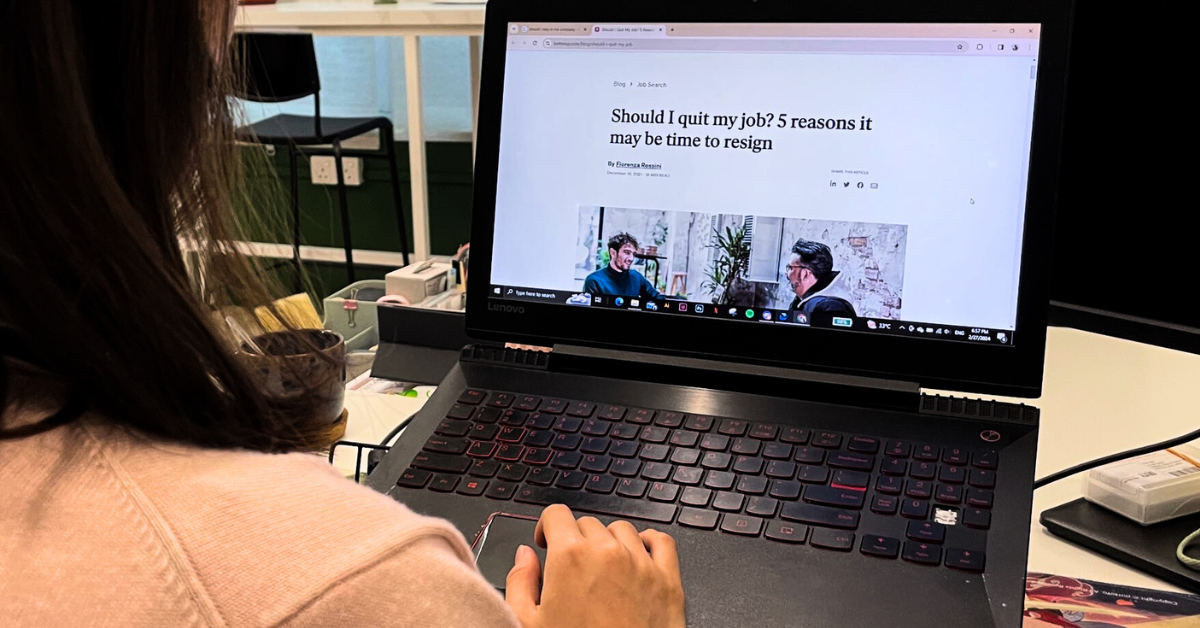We live in a digital age. If you haven’t heard this phrase before, you must be one of those clinging on to “good ol’ newspapers”.
In the heydays of the printing press, we consumed information mainly through tangible, real papers. You know, the kind that leaves a black carbon stain on your fingers. And that’s likely the only stain you’re going to get from the paper. Conversely, you probably scribbled on some pages, highlighted key phrases, or even tore sections out as “newspaper cutting” (as we call it in Singapore) to keep in a file tucked away on some bookshelf for later viewing.
But that file, along with the stains on your fingers, remain in one place. At home.
In this so-called digital age, where worldwide internet penetration is increasing quickly along with connection reliability and speed boosts, information is abundant. Disputes over facts no longer last an hour – Google takes all the fun (and credit) away.
Now, what really concerns me is this: nothing stays at home anymore.
In the past—by that I mean roughly 15 years ago—we consumed at our own pace and thereafter, put the papers down and carry on with life. We may, if the stories are interesting, talk to a couple of people about some articles. We expressed our sentiments and opinions to a select few.
Fast forward and we have become broadcasters in our own rights. Tools aplenty, we blast our thoughts, opinions, ideas, recommendations, and grievances to tens of thousands (if you’re really popular) to your “followers” on Twitter, Facebook, and Google+.
But it doesn’t stop there. Oh, no it doesn’t.

Anton Casey, a former expat in Singapore, had a scandal that unfolded on Facebook in January 2014
You see, these things are in the realm of the internet. And it is one of the most unforgiving creatures that existed. If you ‘tweeted’ like a bird on the internet, your songs shall be audible to anyone with access to the World Wide Web. Most things go unnoticed but some things are just too jarring to slide under the radar.
But these aren’t exactly news to you, are they?
My real concern lies in the little, seemingly unnoticed expressions that we willingly put on our Twitter profiles and Facebook walls, or even on our personal blogs. It’s perhaps not the bizarre that hurts us most, but rather the little broadcasts of what we think and how we feel that turn out to be dangerous. Here’s why I think that:

“The pen is mightier than the sword”
1. Your words can be turned against you
This is probably the biggest issue on the list. Every comment we leave on the internet will remain there until we take them down. If you strongly opined on a piece about politics, positioning yourself as leftist, it could be appropriated against you in the future in different circumstances, for example, at a job interview in a government agency.
2. You’re an open book
And not just to your followers, but to the world. That is unless you portray an entirely different persona online, of course, which is perfectly possible.
3. You may be taken too seriously
Sarcasm doesn’t translate well in words. What you meant thus may not be what is understood from what you wrote.
Jennifer Lawrence laughing it off after her fall at the Oscars
4. You may grow to take yourself too seriously
Compared to two decades ago, we may be beginning to expect to heard. Individualism is in full swing. With this growing anticipation of a ‘retweet’, ‘like’, or ‘+1’, we run the risk of thinking too highly of ourselves. After all, how many people in this world are really on the edge of their seats, eager to hear your comments? Unless you are Justin Bieber, I wouldn’t bet on it. Even so, it’s probably for the wrong reasons.
As people living in this very different internet world, we ought to realise that there are potential pitfalls, before we fall into one. Be mindful of what you leave behind.
Also read: Am I the only one allowing Facebook to feed my insecurity?









